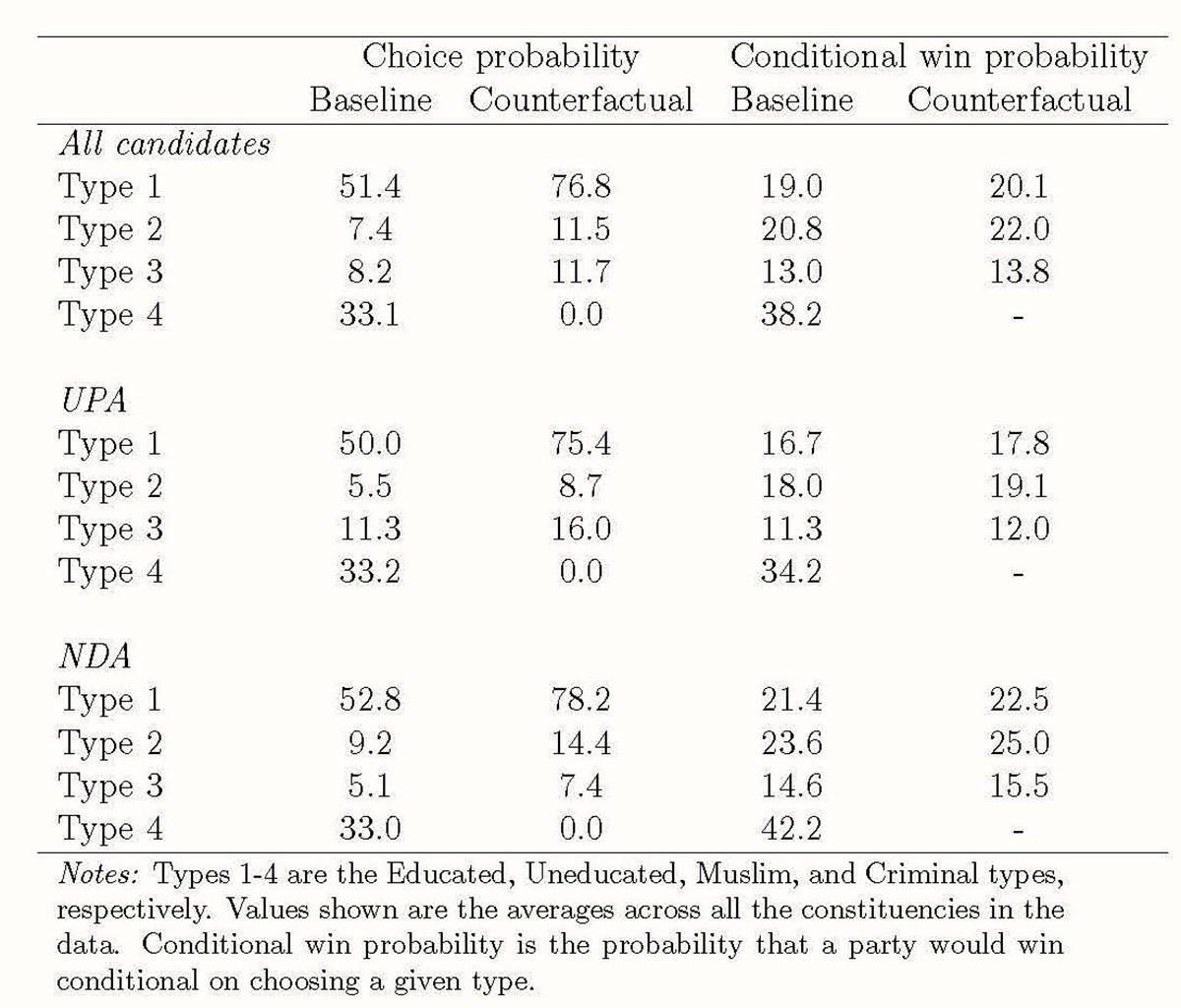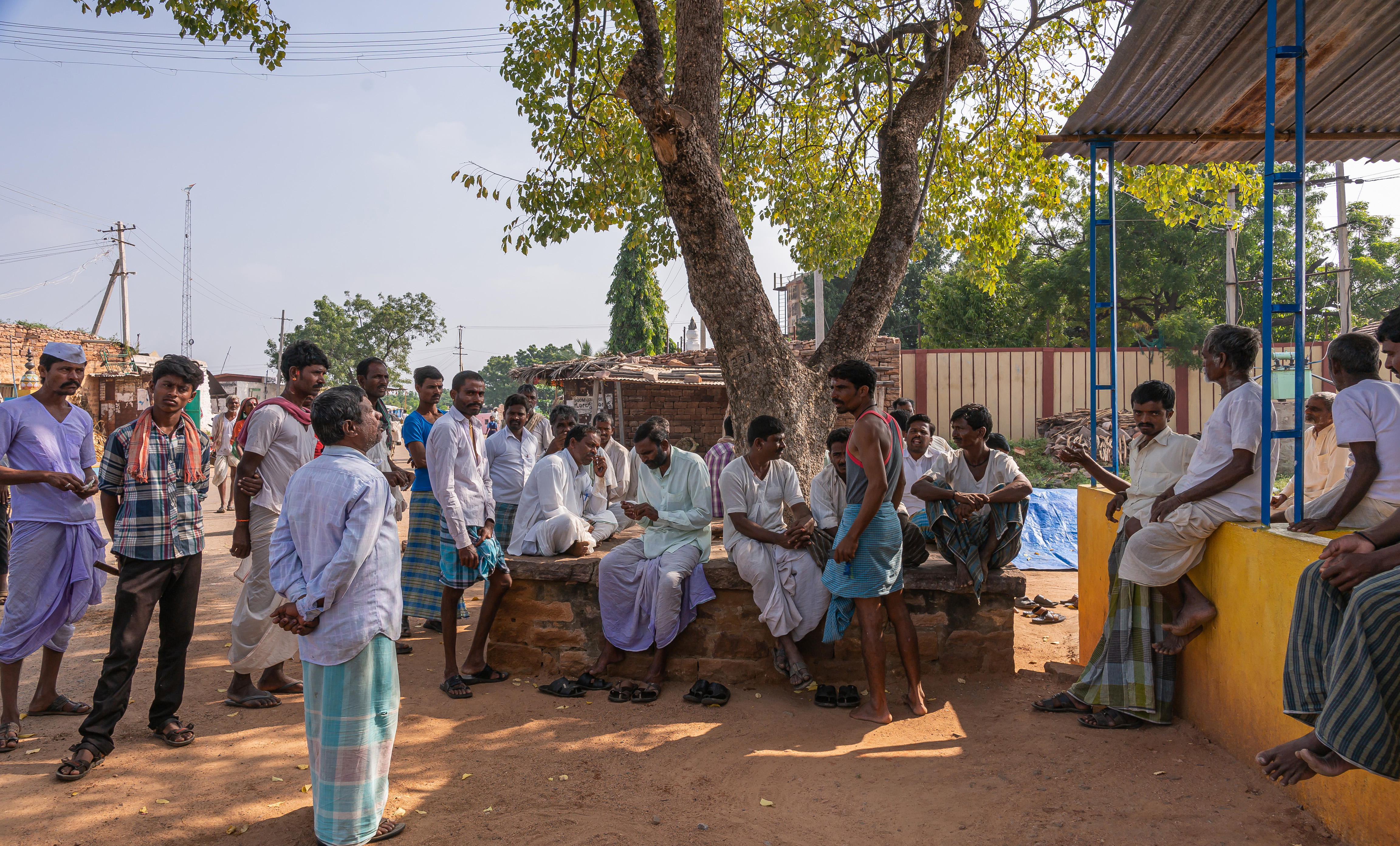Candidate Selection by Parties: Crime and Politics in India
In this project Arvind Magesan, Andrea Szabó, and Gergely Ujhelyi explore candidate selection by political parties in India, focusing on the intersection of crime and politics.
Background
Candidate selection is a key part of the democratic process, influencing policy outcomes and voter representation. In India, the connection between crime and politics is especially pronounced, with many candidates having criminal backgrounds. This study combines extensive data on Indian candidates with a theoretical model to analyze the trade-offs parties face when selecting candidates. These include balancing voter appeal against internal party benefits such as loyalty, influence, and the ability to finance campaigns.
Study design
The researchers utilized data from the Election Commission of India, focusing on national elections in 2009 and 2014. The dataset includes detailed information on candidate characteristics and constituency demographics. To estimate voter preferences, the study employs a discrete-choice model describing the behavior of voters in Indian elections. On the "supply side" of politics, the study uses a game-theoretic model to understand the strategic interactions between parties as they select the candidates to represent them.
Findings:
The analysis reveals several key insights.
- Voter Preferences vs. Party Choices: While parties aim to win elections, they often prefer candidates who are not overly popular. This helps party leaders avoid internal power struggles.
- Impact of Criminal Backgrounds: Candidates with criminal backgrounds offer advantages such as resources and networks, leading parties to nominate them frequently. The frequency of criminal candidates also makes them relatively easy for parties to recruit. In addition, running criminal candidates is often a strategic response to the opponent's choice to do so.
- Policy Implications: Simulations show that banning candidates with criminal backgrounds can alter the electoral landscape, potentially increasing third-party vote shares. Interestingly, both major parties could benefit from such a ban as this would allow them to compete with more desirable candidates.

Read the full study
A. Magesan, A. Szabó, and G. Ujhelyi (2024): “Crime and Politics in India: Candidate Selection by Parties,” University of Calgary, University of Houston.


